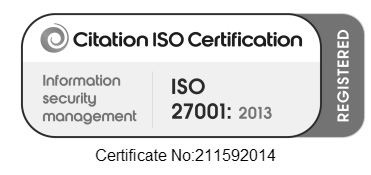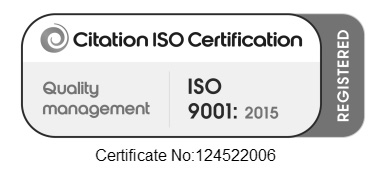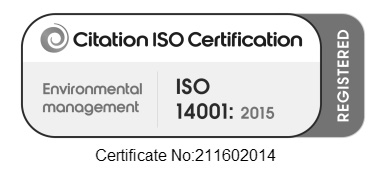As we hurtle full speed towards a technology-driven future, BT Openreach’s Public Switched Telephone Network (PSTN) is approaching its final days. The impending PSTN switch-off carries significant implications across various industries, and the social housing sector is no exception. But for many associations, a lack of awareness about the topic presents serious risks of being left behind, and losing all services that remain reliant on legacy products.
Delving into the dynamics of the transition and its importance in the realm of social housing, our operations director John Blackburn uncovers some of the strategies required to thrive, and explores how managed service providers (MSPs) can help facilitate a seamless shift…
For decades, the PSTN has been the backbone of our telecommunication infrastructure — enabling traditional landline phone connections over a wired network. However, advancements in technology, the rise of digital communication platforms, and the demand for more efficient and cost-effective solutions have since rendered the traditional PSTN system obsolete.
What does the PSTN switch-off mean for social housing?
Marking a monumental shift towards modern alternatives like Voice over Internet Protocol (VoIP) and cloud-based communication systems, the December 2025 switch-off carries both challenges and opportunities for organisations across the UK. The PSTN switch-off is not merely about replacing outdated systems but embracing a transformative future.
Within social housing specifically the adoption of advanced communication technologies like Unified Communications (UC) presents a more reliable and effective engagement channel for tenants, helps streamline operations with enhanced efficiency and collaboration, and enables providers to deliver more innovative services like video conferencing and virtual maintenance requests, for example.
Cloud-based systems also offer scalability, flexibility, and enhanced data security for the nation’s housing associations. These advancements empower social housing providers with greater expenditure visibility and control, with services able to be expanded or reduced in accordance with requirements, as well as eliminating the need for substantial upfront infrastructure investments.
Robust data security measures boasted by digital tools also help demonstrate firms’ ongoing commitment to safety, privacy, and compliance — which has become increasingly crucial when obtaining cyber insurance in the sector.
The role of an MSP in facilitating a smooth transition.
To navigate the complexities of the PSTN switch-off, IT professionals must be proactive in upgrading their skill sets and knowledge base. As well as familiarising themselves with the emerging technologies that will replace legacy phone systems, they should understand the intricacies of managing and maintaining them.
Engaging in training programmes, attending industry conferences, and staying connected with professional networks can help shed more light on best practices for a seamless transition to cloud-based communication systems. To ensure technology strategies also align with wider business objectives, it’s also important to collaborate with other departments and organisations throughout every step of the process.
Reducing the headache of these responsibilities, MSPs act as a central hub of information to advise on all aspects of the PSTN switch-off and cloud products. Bringing extensive experience and expertise in managing complex technology transitions, they can safeguard business continuity, and provide cost-effective solutions.
Available individually as a consultant or to manage the end-to-end process, an MSP can assist in assessing current telecommunication infrastructure, devising a roadmap for the transition, implementing new systems, and providing ongoing support and maintenance. This collaborative approach allows housing associations to focus on their core operations, with peace of mind that their entire tech estate remains up-to-date and compliant.
So, how do you choose the right IT partner? Don’t just take their word for it…
With the previous Cisco telephony system having been embedded for over a decade, transitioning a 450-strong team of social housing professionals (and growing!) to Microsoft Teams Voice for Eastlight Community Homes was no mean feat. But it wasn’t Central’s first rodeo either. Keen to explore how we facilitated the transition? Catch the full case study here, to get a flavour of our reputation and expertise.
Looking for flexible, customer-focused IT support to aid your housing association’s digital transformation? Let’s talk.






Central Networks are a strategic technology partner. Excellent technology is a given, customer service, trust and long-term relationships are what drive our business. We support CEOs, Heads of IT, IT technicians and transformation directors to ensure technology provides an edge to their organisations.
Company No: 02604843
VAT: GB 562 6919 13